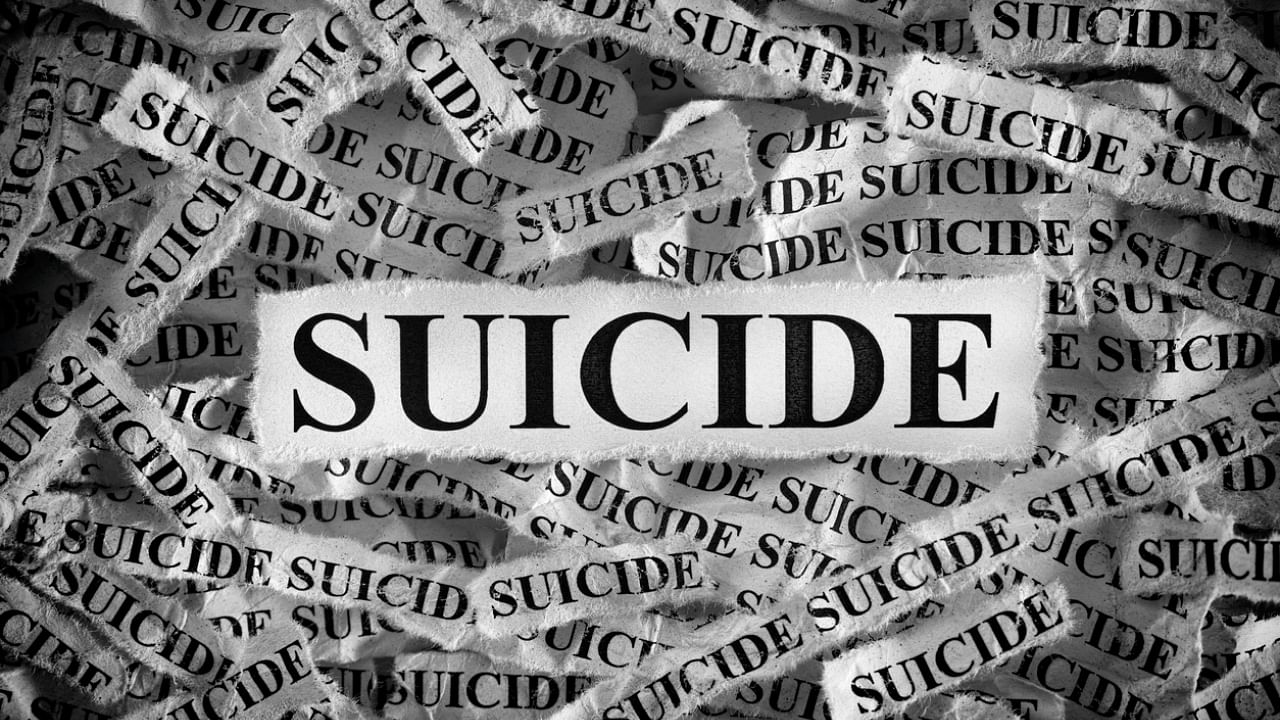
Ten years after Bollywood actor Jiah Khan was found hanging in her Juhu home, a special CBI court on Friday acquitted her then boyfriend Sooraj Pancholi of abetment of suicide.
Pancholi, who was arrested in the case in June 2013 and released on bail a few weeks later, was charged under Indian Penal Code (IPC) section 306 (abetment of suicide).
Why was he charged with 'abetment of suicide'? What exactly constitutes 'abetment of suicide' under the Indian law? And what is the punishment for 'abetment of suicide'? DH brings you in the know.
What is 'abetment of suicide'?
First, lets take a look at the word abetment. In the most literal sense, abetment means to instigate someone to act a certain way.
According to Section 107 of the Indian Penal Code (IPC), a person "abets the doing of a thing" if he or she "instigates any person to do that thing", "engages with one or more persons in any conspiracy for the doing of that thing", or "intentionally aids, by any act or illegal omission, the doing of that thing".
How is 'abetment of suicide' different from 'culpable homicide' or 'murder'?
Culpable homicide falls under Sections 299 of the IPC while murder falls under section 300. The primary difference between homicide and abetment to suicide is the commission of the act of causing bodily injury to the victim.
In the case of abetment of suicide, the victim is "incited" by the accused into killing themselves while in the case of 'murder' or 'culpable homicide', the accused causes bodily injury resulting in the death of the victim.
What is the punishment for 'abetment of suicide'?
Section 306 of the IPC states that a person abetting the suicide of another person shall be punished with imprisonment up to 10 years and shall also be liable to a fine.
As per the IPC, abetting a suicide is a non-bailable charge.
Meanwhile, as per the 305 section of the IPC, if "any person under eighteen years of age, any insane person, any delirious person, any idiot, or any person in a state of intoxication" dies by suicide, "whoever abets the commission of such suicide, shall be punished with death or imprisonment for life, or imprisonment for a term not exceeding ten years, and shall also be liable to fine".
Why was Pancholi charged with 'abetment of suicide'?
Pancholi was charged on the basis of a six-page letter written by Khan, who was found dead in her Juhu home on June 3, 2013.
As per police records, Khan's death took place hours after Pancholi had left her home after living with her for two days. Later, the Juhu Police Station recovered a note left by Khan.
In the note, Khan recalled her troubled relationship, the ordeal, intimacy, physical and mental abuse and tortures, allegedly perpetrated on her by the Pancholi.
Pancholi was booked under IPC Section 306 for allegedly abetting Jiah's suicide, on June 10, 2013, a week after Jiah ended her life. He remained in custody for almost a month till Bombay high court granted him bail on July 3.
A decade later, Pancholi was acquitted by a special CBI court on Friday due to lack of evidence. The court judge A S Sayyad said the evidence against Pancholi was “vague and general” and no specific overt act or role can be attributed to him to reflect active abetment.
Why is 'abetment of suicide' a charge that is hard to prove?
Abetment of suicide requires clear criminal intent and an active or direct act of instigation leading to suicide, the Supreme Court has clarified several times, instructing that the facts and circumstances of each case should be "scrupulously" examined. The apex court has also said that mere harassment without any positive action on the part of the accused does not amount to abetment of suicide under the Section 306 of the IPC.
Therefore, in order to prove that the accused abetted in the suicide of a person, it has to be recognised that there was clear criminal intent and an active or direct act of instigation leading to suicide.
(With agency inputs.)